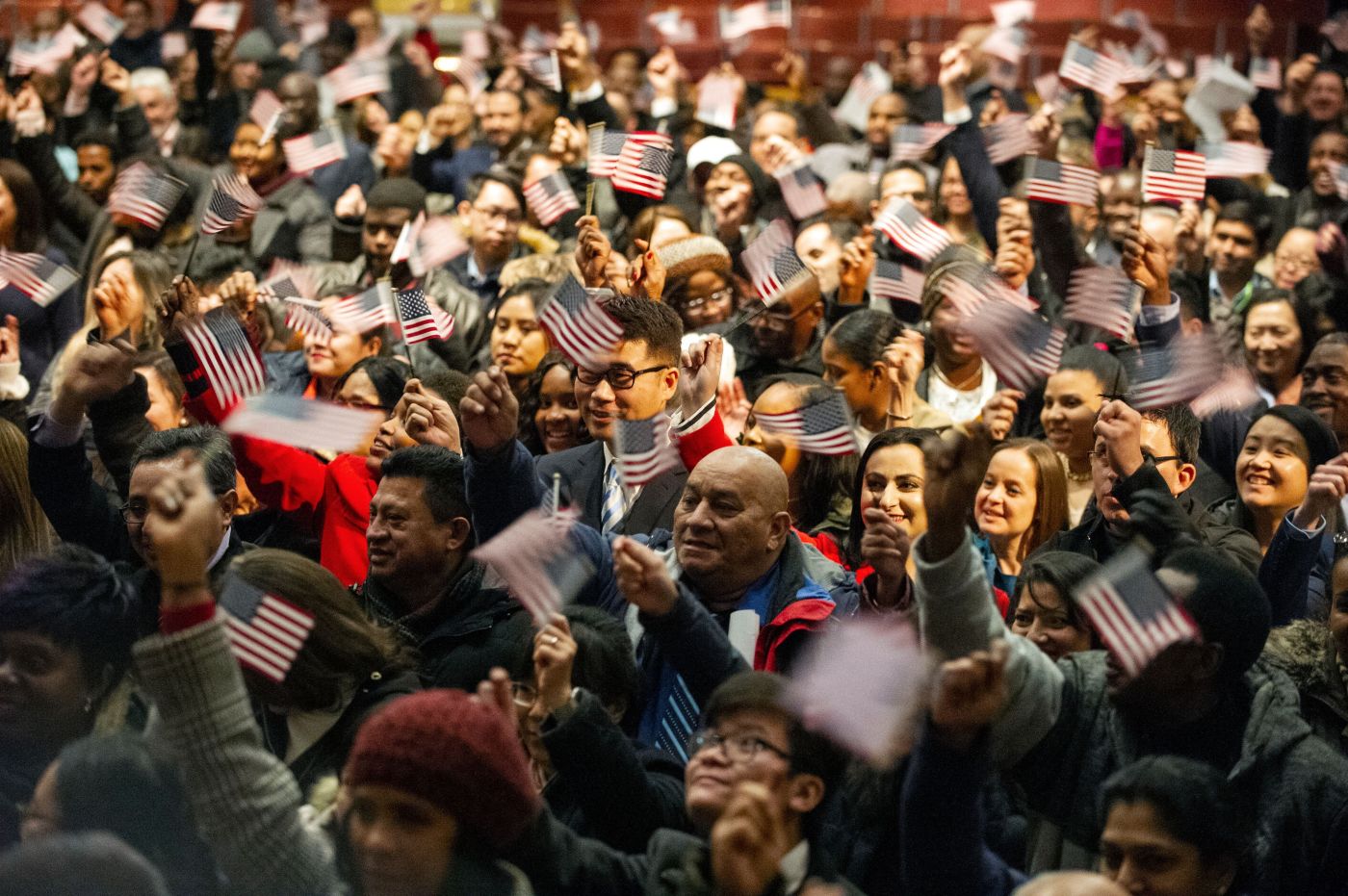The recent directive from the United States Justice Department to enhance efforts aimed at denaturalizing naturalized citizens has sparked significant constitutional debate. Under the Trump administration, a memo prioritizes national security cases while also mandating “maximal” pursuit of denaturalization across ten broad categories. This approach has raised concerns about the potential violation of the constitutional rights of naturalized citizens.
Denaturalization differs from deportation in that it involves a legal process to revoke citizenship from individuals who have already become citizens. The government must demonstrate that citizenship was “illegally procured” or that the individual concealed critical information during the naturalization process. With the new enforcement strategy, the Justice Department is encouraged to pursue cases based on any available evidence, regardless of its strength or relevance.
Historical Context and Current Implications
Historically, denaturalization has been infrequent in the United States. A spike occurred during the 1940s and 1950s amid the Red Scare, leading to the loss of citizenship for over 22,000 Americans due to alleged affiliations with communism or Nazism. However, the legal landscape shifted dramatically following the Supreme Court’s ruling in Afroyim v. Rusk in 1967, which established that citizenship cannot be revoked without the individual’s consent, except in cases of fraud.
Since then, denaturalization cases have become exceedingly rare. From 1968 to 2013, fewer than 150 individuals lost their citizenship, primarily war criminals who had concealed their pasts. The current administration’s directive marks a significant departure from this trend, reviving fears within immigrant communities about the stability of their citizenship status.
The denaturalization process itself also raises concerns. Unlike criminal cases, where defendants receive legal representation and a jury trial, denaturalization is typically addressed through civil lawsuits. Individuals facing denaturalization do not have access to free legal counsel and are judged by a lower standard of proof—“clear and convincing evidence”—instead of the higher threshold of “beyond a reasonable doubt.” This disparity in legal protections can leave vulnerable individuals without adequate means to defend their citizenship.
Impact on Naturalized Citizens
The implications of this policy extend beyond legal technicalities. It effectively creates a two-tiered system of citizenship in the United States. Native-born citizens enjoy a permanent status, while naturalized citizens live under the constant threat of losing their citizenship. For instance, a naturalized citizen who cooperated with law enforcement in a fraud investigation faced the prospect of losing her citizenship decades later due to a failure to disclose a crime on her application, despite not being charged at the time.
The Justice Department’s memo, which outlines ten broad categories for pursuing denaturalization, includes national security threats, war crimes, and various forms of fraud. This expansive mandate allows for a wide interpretation of what constitutes a valid case for denaturalization, fostering anxiety among the approximately 20 million naturalized Americans who may be jeopardized by past errors in their immigration documentation.
Legal scholars, including law professors Cassandra Burke Robertson and Irina D. Manta, argue that this approach undermines the constitutional protections associated with citizenship. They emphasize that citizenship is a fundamental right, as articulated by Chief Justice Earl Warren in 1958, who referred to it as the “right to have rights.” The potential for the government to strip this right through civil processes lacking essential protections raises serious due process concerns.
The Justice Department’s strategy, coupled with the previous administration’s review of over 700,000 naturalization files, signifies an unprecedented expansion of denaturalization efforts. Although legal challenges on constitutional grounds are likely, the immediate impact on communities of naturalized citizens may already be profound. When individuals fear the revocation of their citizenship, it diminishes the security and permanence that citizenship is meant to provide.
In summary, the Justice Department’s current approach to denaturalization not only raises critical legal questions but also threatens to destabilize the lives of millions of naturalized Americans. As legal experts continue to analyze the implications of this policy, the fundamental right to citizenship remains at the forefront of the discourse surrounding American democracy.
